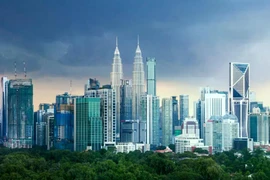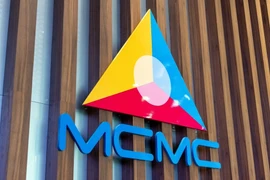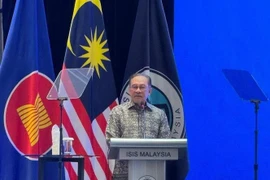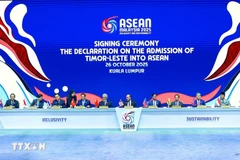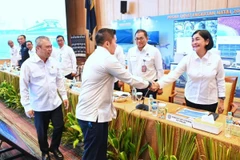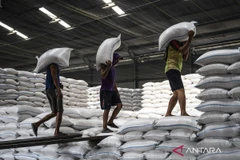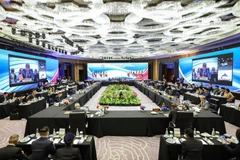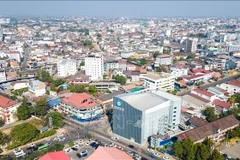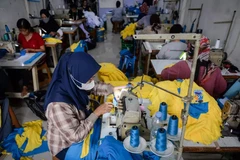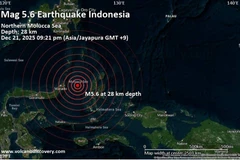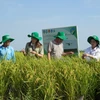Kuala Lumpur (VNA) – Several towns in Malaysia’s Pahang state have begun adopting a solar-powered robot named AquaRover to modernise traditional aquaculture practices.
Developed by a research team led by Dr. Archina Buthiyappan from the University of Malaya (UM), the initiative aims to integrate technology with sustainability in response to growing challenges in the fish farming sector.
AquaRover is designed to help farmers monitor water quality, automate surface cleaning, and reduce dependence on manual labor. Equipped with high-precision sensors, the robot can track key parameters such as pH levels, temperature, and ammonia concentration, transmitting real-time data to support disease prevention and optimize feeding schedules.
The robot, powered entirely by solar energy, offers a green alternative to conventional machines, helping to cut operational costs and improve environmental outcomes.
After being trialed at several fish farms under a 222,000 MYR (52,000 USD) grant from Malaysia’s Komuniti@UniMADANI programme, AquaRover has shown promising results. Farmers report clearer pond water, healthier fish, and fewer disease outbreaks, along with more efficient feed usage.
Beyond aquaculture, AquaRover is also being introduced in schools across Selangor to promote interest in science, robotics, and environmental management.
Dr. Archina emphasised that the project goes beyond technology, representing a shift in how clean energy and smart machinery can be applied to modern agriculture.
The success of AquaRover is drawing interest from both government agencies and private sector players, positioning the robot as a strategic solution in addressing climate change, food security, and rural development in Malaysia./.
